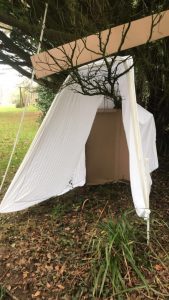I think that the main aim of the chapter is to highlight the importance of using a wide variety of different questioning techniques within our daily communication.
I have identified some of the key themes in this chapter to be:
- different questioning techniques
- the purpose of different questions
- where these different questions are used
Many academic sources were used throughout this chapter in order to back up all the claims that were made. An interesting claim by Hargie is that “questions are at the heart of interpersonal encounters.” This means that Hargie believes that being able to ask questions in a number of different contexts is an interpersonal skill which can lead to either the success or failure in different scenarios. Due to this I therefore believe that questioning is essential to help an individual acquire certain pieces of knowledge, that they may never have got, is required to become successful in their field. A theory which supports this is the ‘funnel sequence.’ This is when the individual questioning starts off with asking very generic open questions however, over the course of the questioning period , the questions become more closed and specific allowing them to pin point a definite answer.
I agree with many of the ideas in this chapter however, one claim that I disagree with is the process of questioning. I believe that the process is suitable for all ages including younger children, as they are just as capable but just need a bit more initial support and time to help comprehend and provide a well-thought through, established answer.
Reference: ‘Finding out about others: the skill of questioning‘, in Hargie, O (2011) Skilled Interpersonal Communication: Research, Theory and Practice. 5th ed. London: Routledge.


